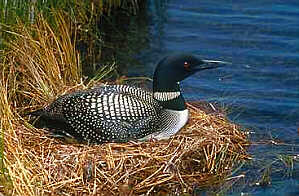|
|
|
American Kestrel Bald Eagle Black-Capped Chickadee Brant Goose Burrowing Owl Canada Goose Common Merganser Downy Woodpecker Golden Eagle Great Blue Heron Great Horned Owl Grey Jay Kingfisher Loon Mallard Northern Goshawk Northern Harrier Northern Pintail Osprey Peregrine Falcon Red-Tailed Hawk Red-Winged Blackbird Ring-Necked Pheasant Ruffed Grouse Rufous Hummingbird Snow Goose Snowy Owl Trumpeter Swan Turkey Vulture Western Screech-Owl White Pelican Wood Duck Animals Birds Fish Wildflowers Trees Survival Parks Trails |
British Columbia Outdoor Wilderness Guide
|
 Follow Us On Facebook List of BC Adventure Advertisers Site Info
Advertise With UsAwards About Us Contact Us Free Vacation Guides
BC Vacation GuidesCoastal Vacations Thompson Okanagan EcoTourism Fishing Vacations Guest Ranch Guide Romantic Getaways Wilderness Vacations Winter Vacations The Rockies Guide Login |
|||||
|
|||||||
